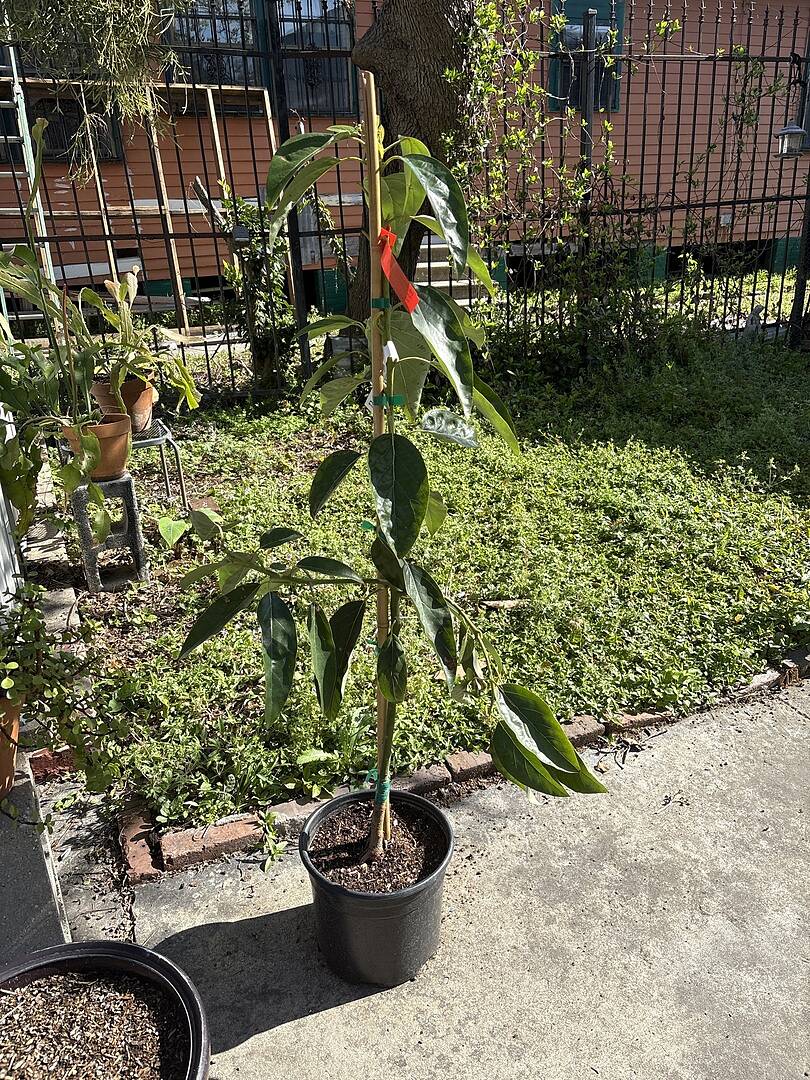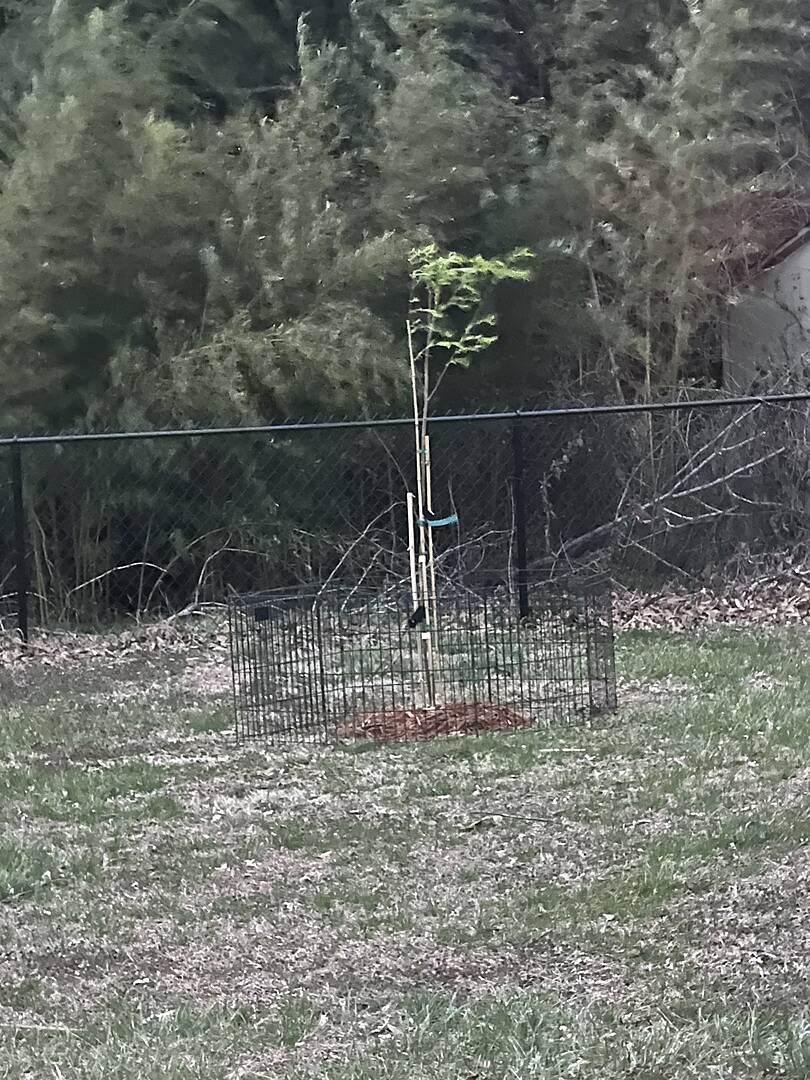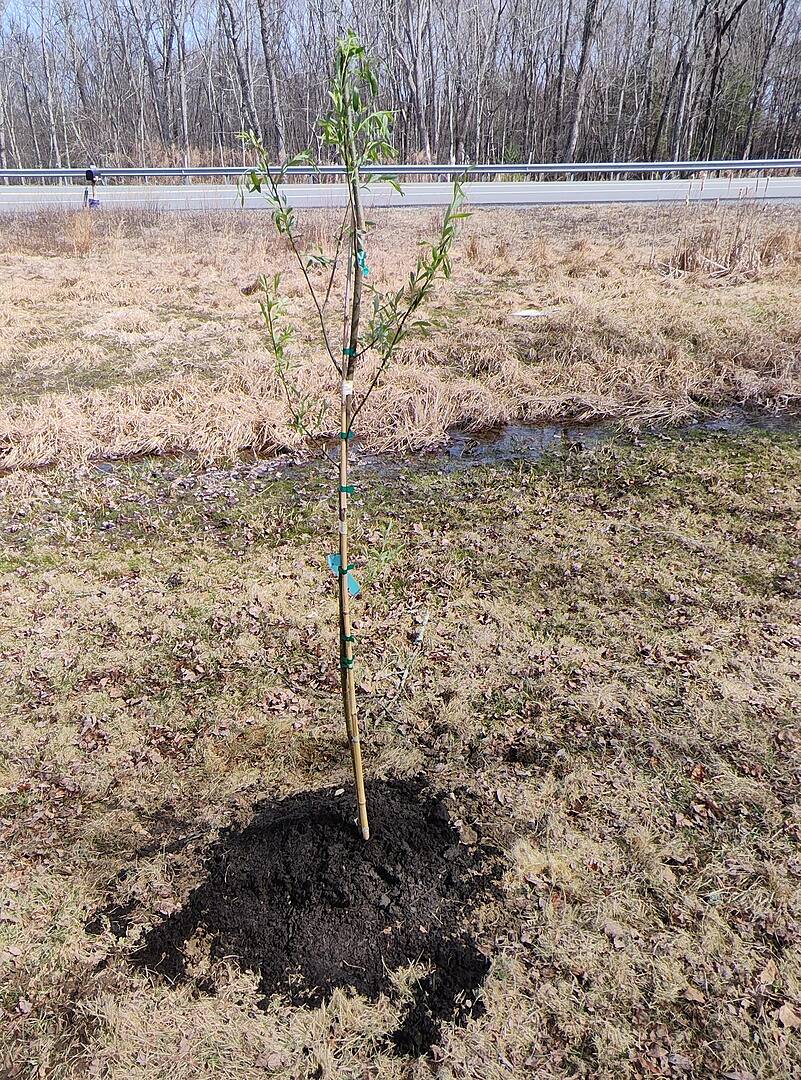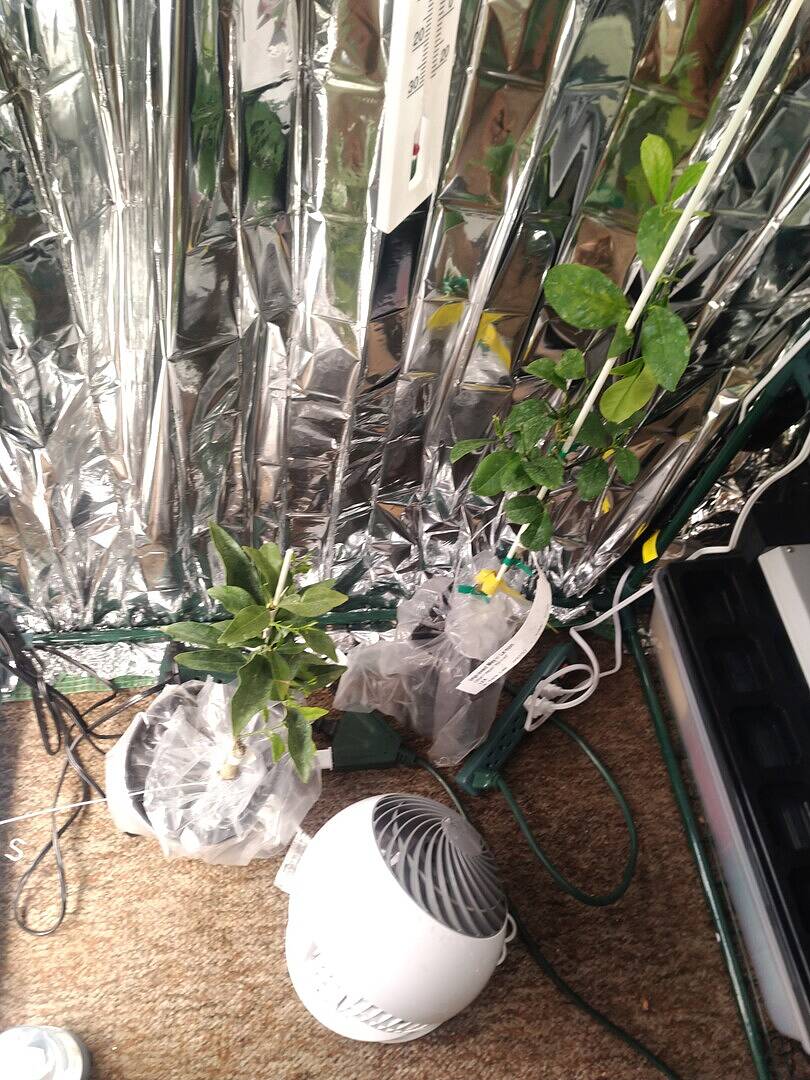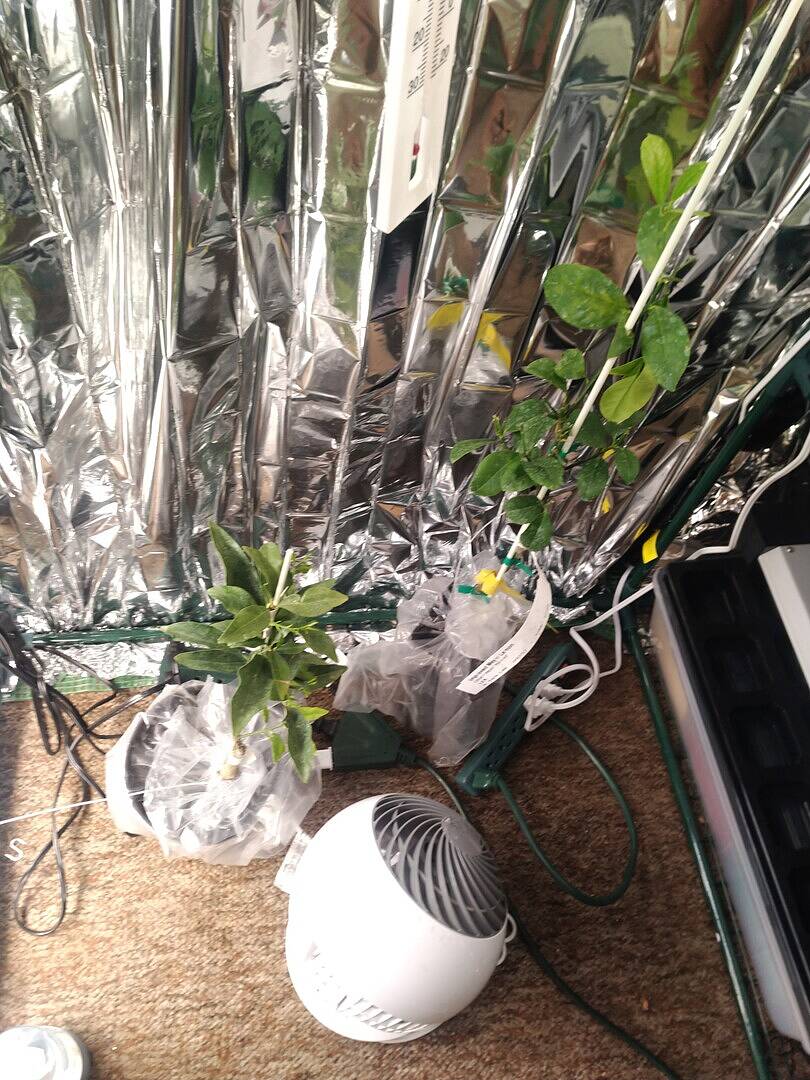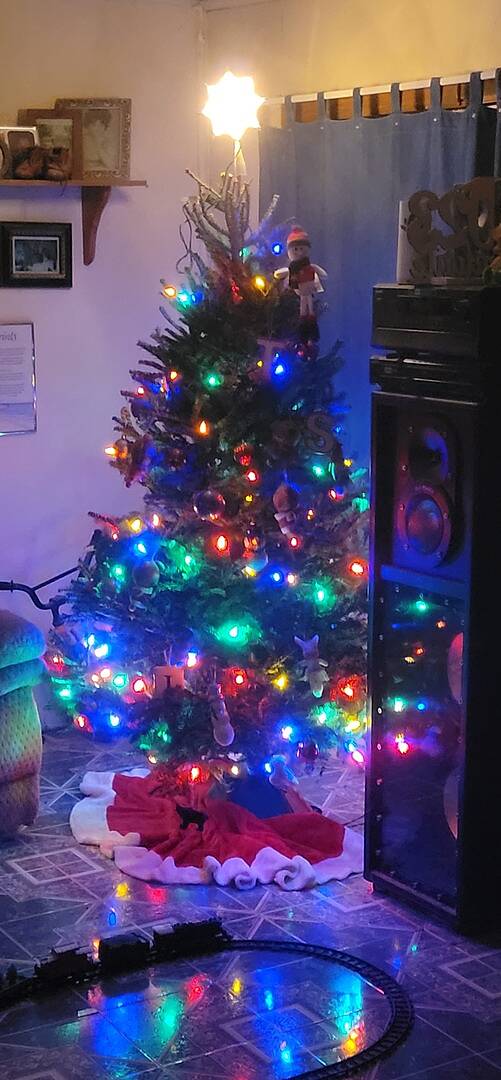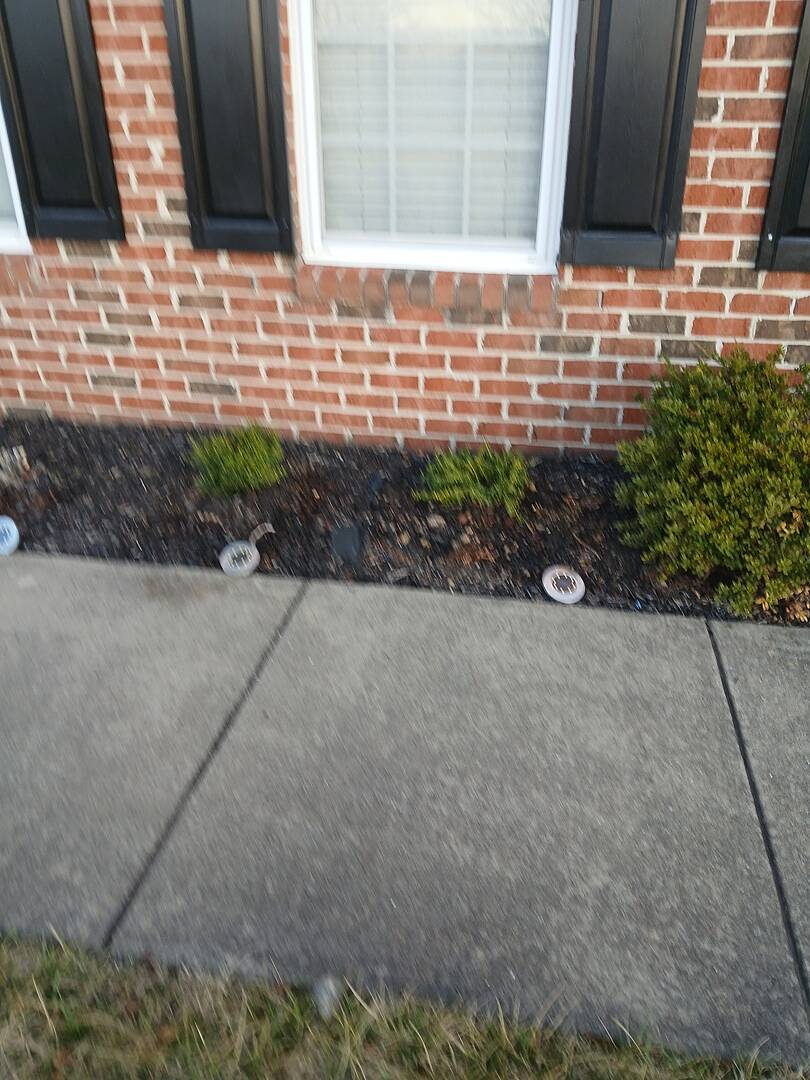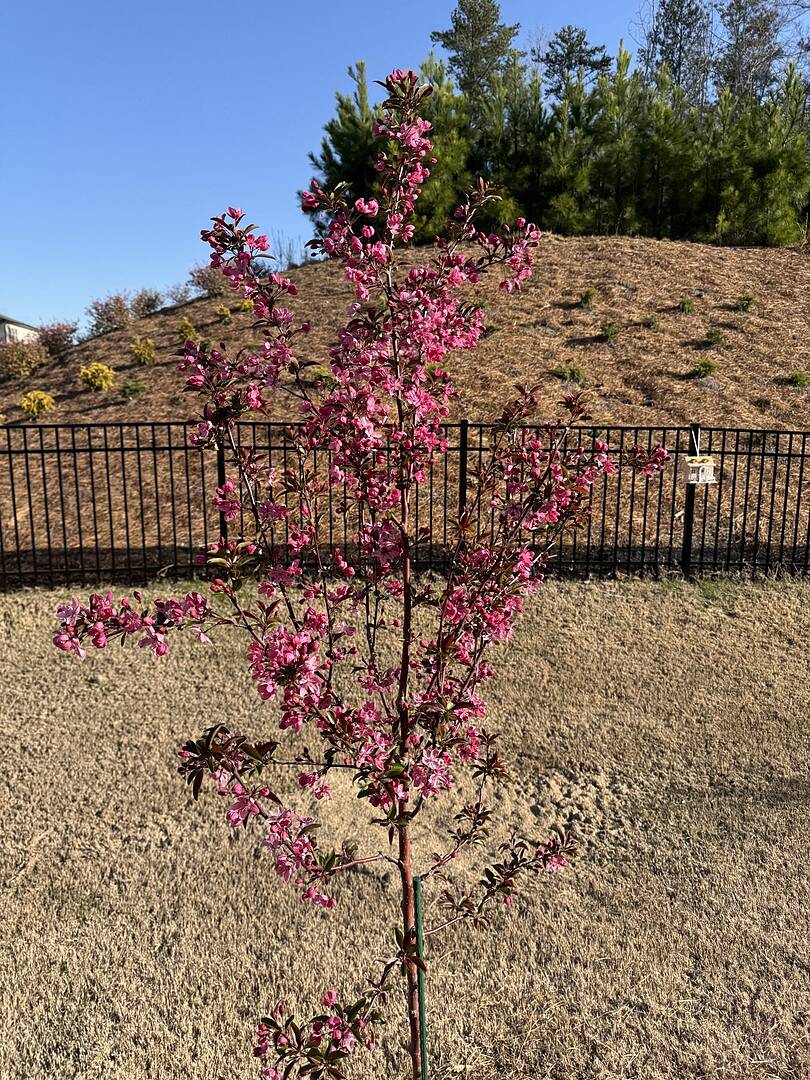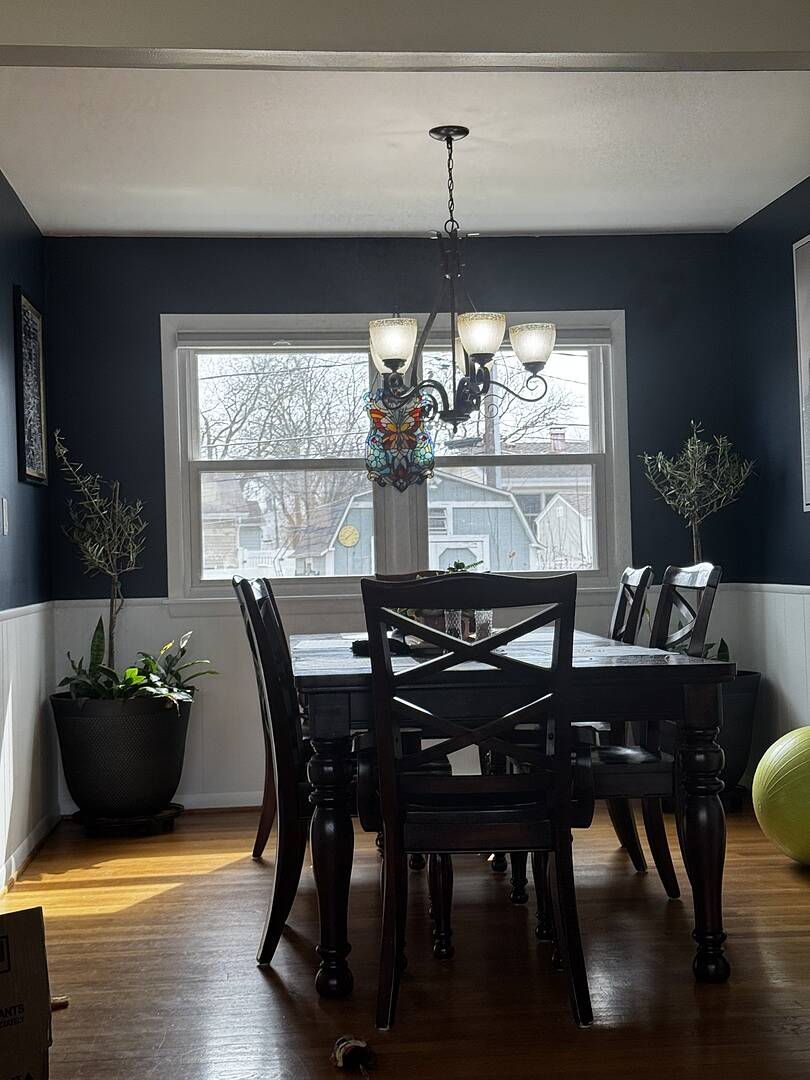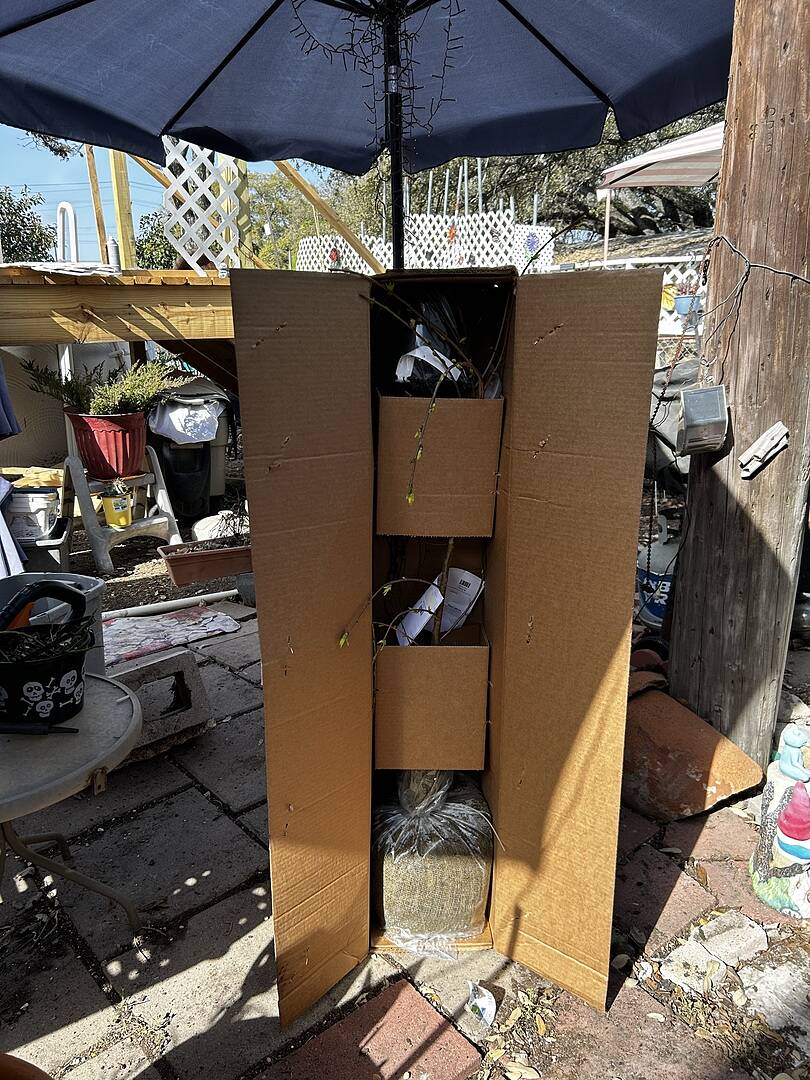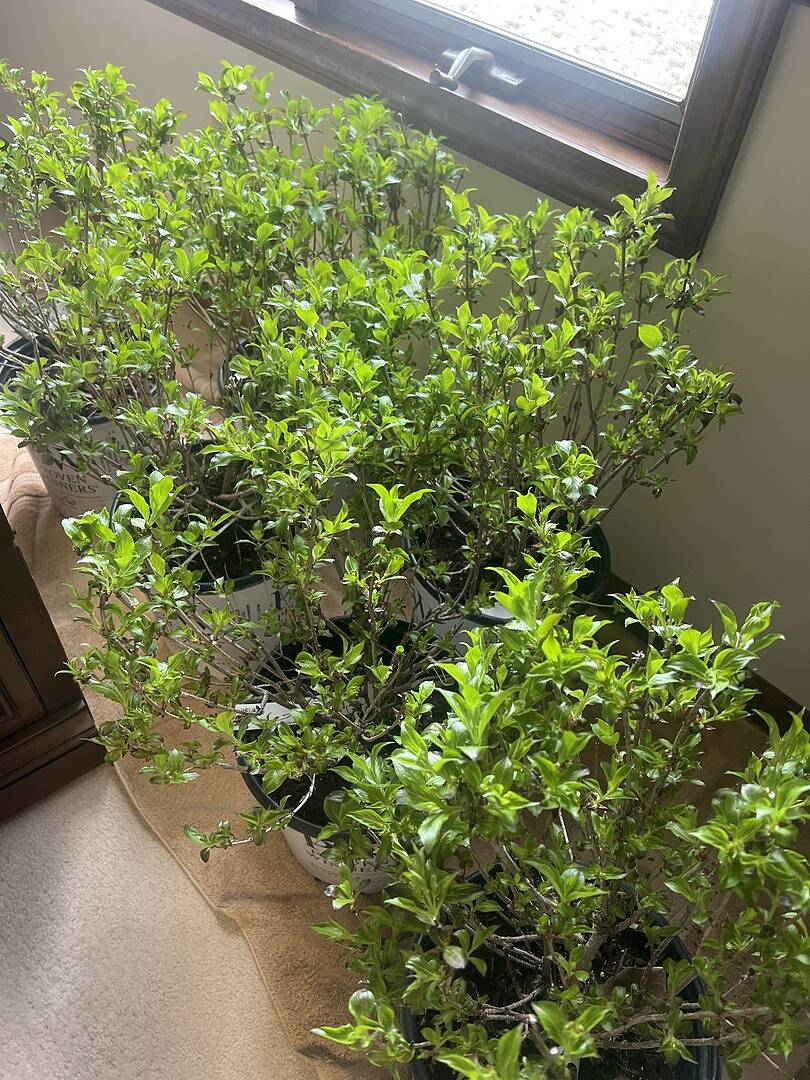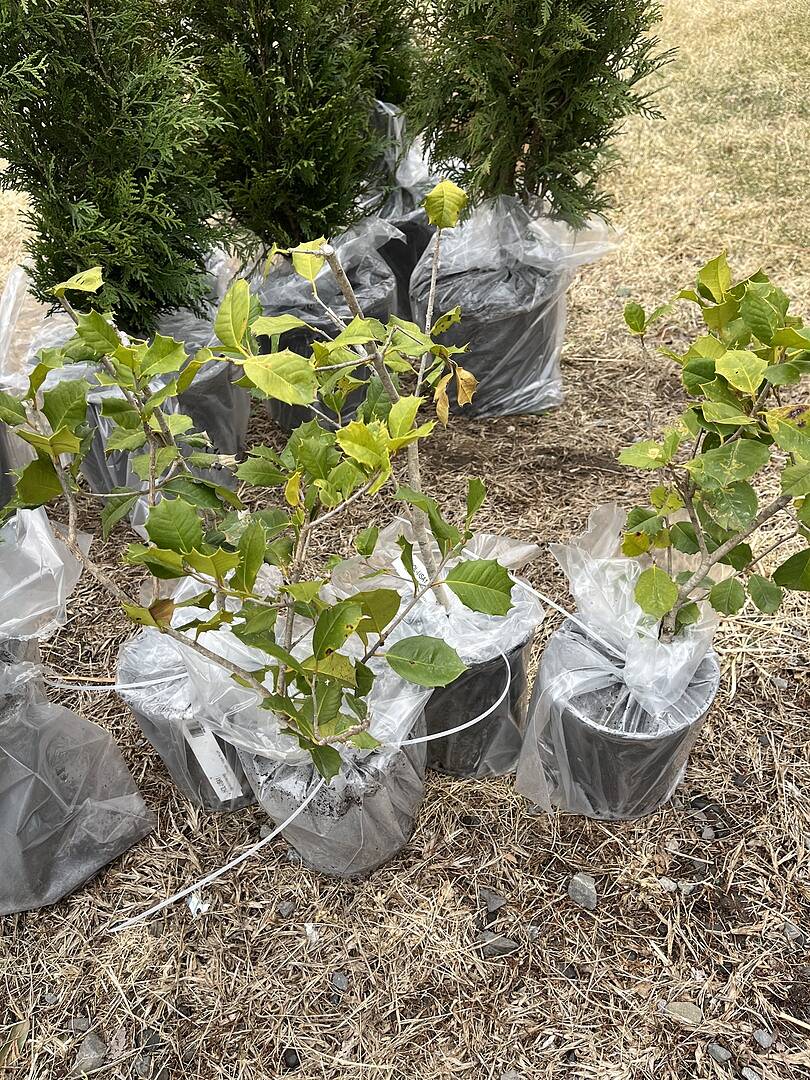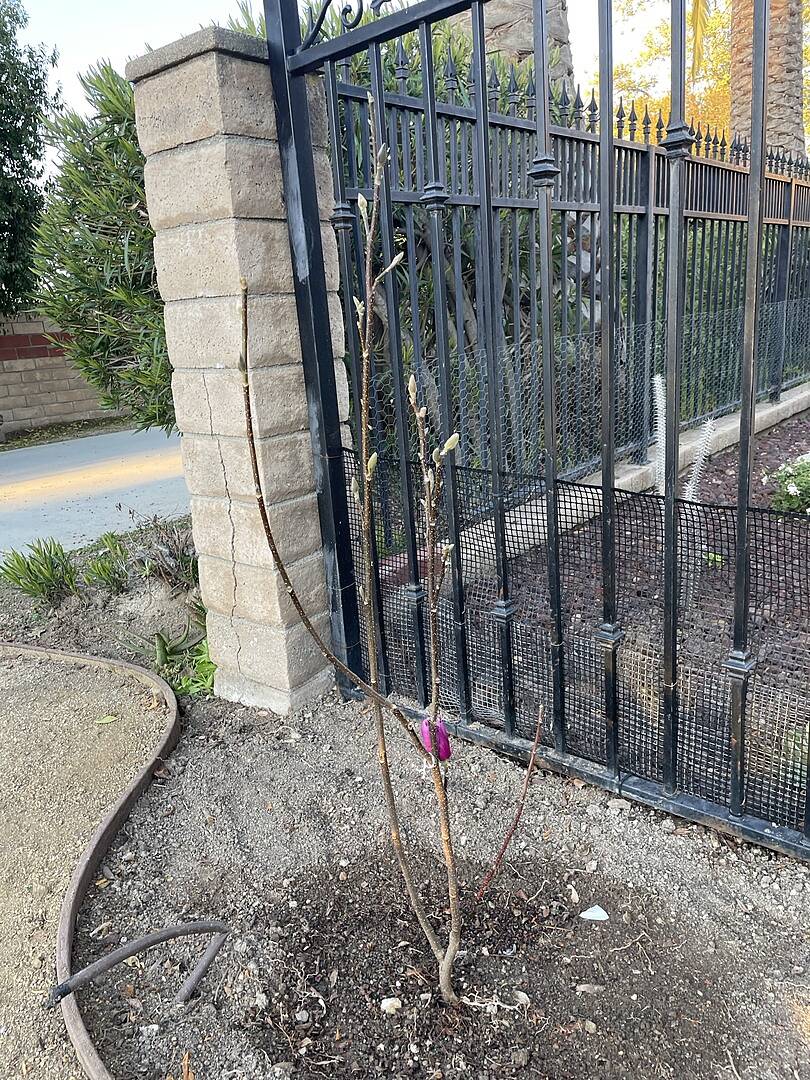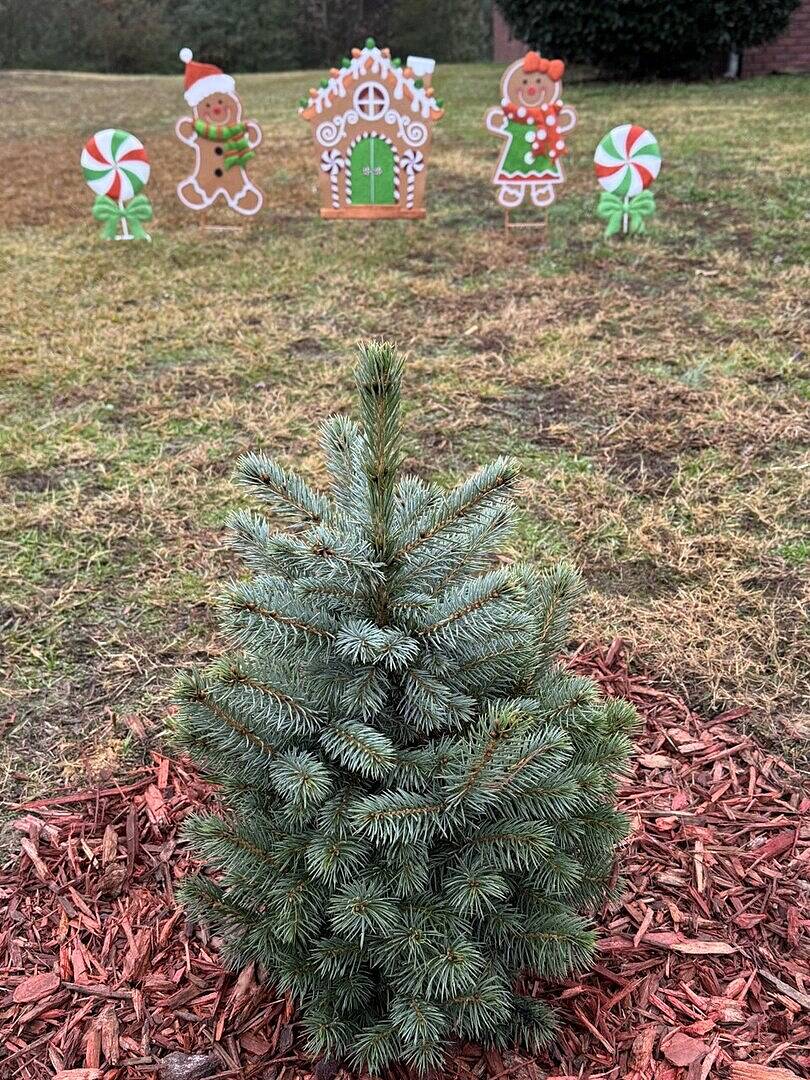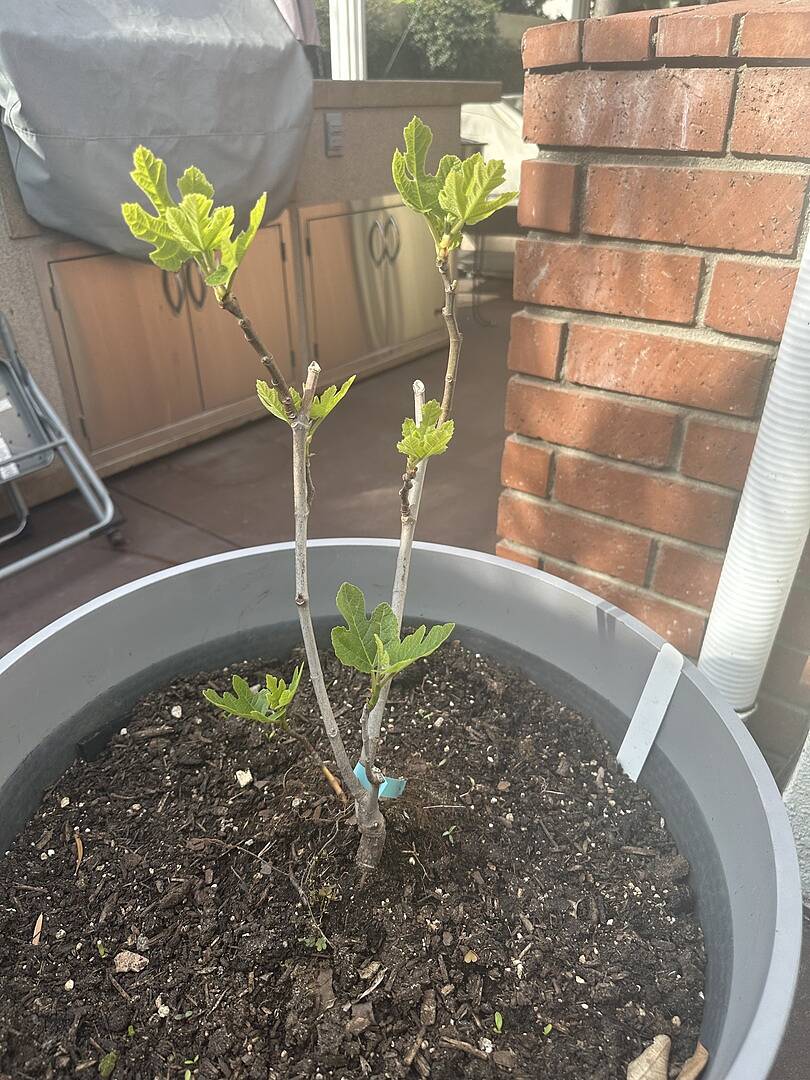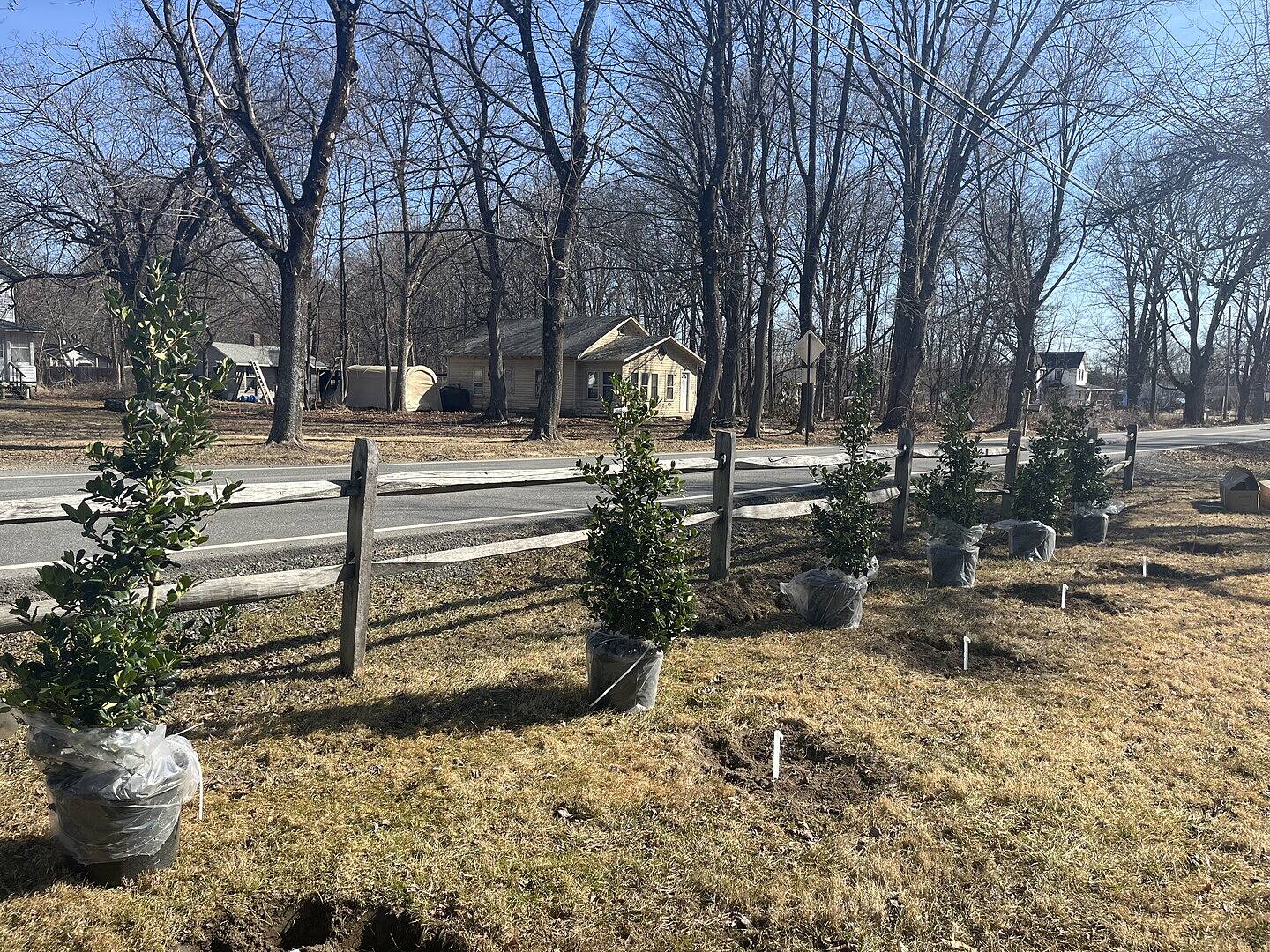Ask a Master Gardener: Beloved Flowers of Fall
Last updated: Oct 12 2022

Where did September go? The cool mornings are with us and the days are starting to get shorter. This means we have to work faster to get tasks done, and there’s always work to be done this time of year.
Our leaves are beginning to fall, so bagging them for the compost is a must. If you choose to put them in beds, remember to run the lawn mower over them to break them into small pieces so they can decay quicker.
The leaves may take center stage in this season, but there are also beautiful flowers that add to the fall color. Let’s talk about chrysanthemums. Their colors range from orange to burnt orange, red to burgundy, and always, the bright yellow and calming white. Chrysanthemums seem to be everywhere this time of year. They’ll bloom for weeks if kept in the sun and watered. I always buy mine when they’re loaded with buds and before they start to bloom. The plant is beautiful even without its flowers!

Once the flowers have faded, I see so many of these healthy plants in the garbage–what a waste! Instead, please plant them in the ground. You’ll want to cut the top off (about 4 in.), take it out of its pot and break up the soil and roots, dig a hole and plant it in a sunny spot. Next summer, as it comes up, cut it back several times until August. And in September, it’ll start to put on buds and blossom come October. Once again, you’ll have beautiful color on the ground to combine with the striking leaves.
Speaking of beautiful colors, asters also begin to wake up with the arrival of fall. Purple asters and yellow goldenrod, having reciprocal colors in the human eye (and in the eyes of bees), growing together, attract a greater number of pollinators than either one growing alone. Asters range from 8 inches (20 cm.) to 8 feet (2 m.) tall. The little guys are perfect for containers, borders and planting in mass. And the tall guys are striking as they stand in your garden.

Goldenrod, also known as solidago and often seen growing on the side of the road, is a beautiful yellow that enhances the purple aster. I’ve always said that on the side of the road, it’s goldenrod, but in my garden, it’s solidago! Goldenrod plants provide nectar for migrating butterflies and bees, encouraging them to remain in the area and pollinate crops. Planting goldenrod near the vegetable garden can draw bad bugs away from valuable produce.
Goldenrod is most often used in naturalized settings, such as meadow and prairie gardens and seaside and wildflower areas. It’s widely known as a plant that attracts butterflies, making it the perfect addition to any butterfly garden. It also attracts other pollinator insects, including bees.

If pink is more your speed, Pink Muhly Grass delivers a rich pink color that's hard to find anywhere else. Unlike your typical landscape groundcover, its unique color lasts for months, lending a fresh new look to sidewalk borders, driveways, patios and beyond. Pink Muhly is fast-growing, clump-forming, and easy to plant nearly anywhere. Because it's drought-tolerant and thrives on rainfall alone, it's a solution for common landscape issues.

Fall provides so many pleasing colors, from the leaves to the flowers and even the berries. The fall garden can be equally as beautiful as spring and summer ones—just in a different way. Enjoy the colors and the cool, crisp air, and stop to see how beautiful the world can be. Now, go forth and garden!
Love our Ask a Master Gardener column? Check out Phyllis's previous columns here!
Written by
Phyllis Ferguson
Phyllis is a Master Gardener growing in Zone 7 in Charlotte, North Carolina. She loves working in her landscape with flowering shrubs and perennials, planting around ponds and water features, and taking care of her dogs and her backyard chickens.
A longtime Master Gardener educator in North Carolina, Phyllis is sharing her best tips for plant selection, gardening, landscape care and more with FastGrowingTrees.com.
Featured Product

Russian Sage
16 reviewsStarting at $42.95



















